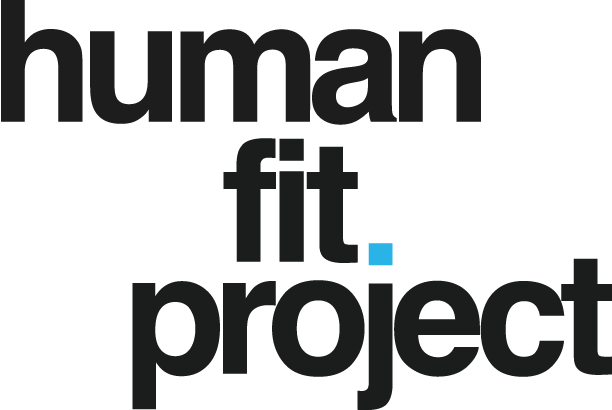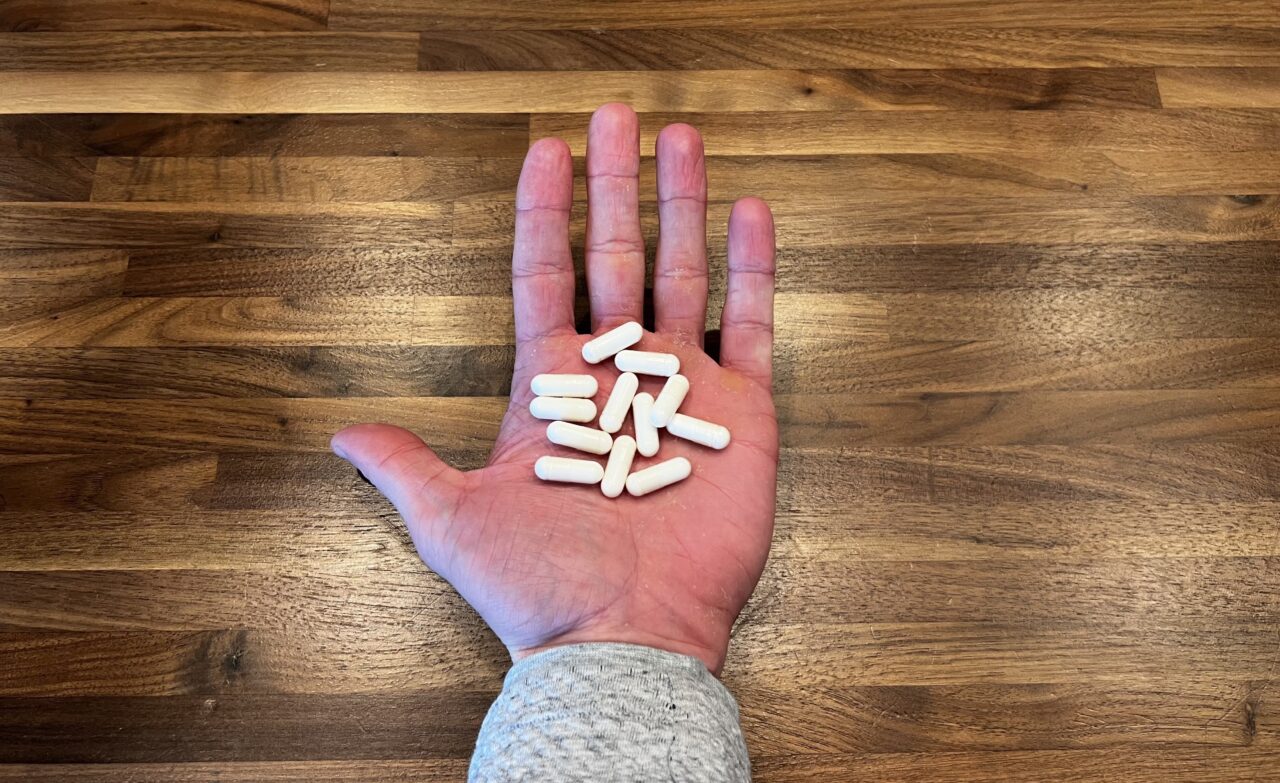Popular supplements are big money makers, but the problem is: the supplement industry is filled with misleading claims and ineffective products. This can make it difficult for anyone to know what to trust.
That’s why we’ve created a list of 10 popular supplements that are most likely a waste of money, three supplements that we recommend based on scientific evidence and personal experience. Plus, a few others that may show some promise.
While we understand the appeal of some of these popular supplements, we want to remind people that there is no magic pill or powder that can replace a healthy diet and regular exercise. Instead, we encourage everyone to prioritize whole foods, stay active, and seek guidance from a qualified professional when considering supplements.
Related: 35+ free workout plans for different goals and ability levels
Popular supplements that are likely a waste of money include:
1. Garcinia cambogia
There is insufficient evidence to support the effectiveness of this supplement for weight loss.
2. Green tea extract
While green tea has health benefits, research has not yet supported the use of green tea extract supplements for weight loss or other health benefits.
3. Raspberry ketones
There is no scientific evidence to support the effectiveness of this supplement for weight loss.
4. BCAAs
While branched-chain amino acids (BCAAs) are essential for muscle growth and repair, supplementing with them has not been shown to provide any additional benefits compared to getting them from whole food sources. We’ve used this quite a bit over the last several years, but have since stopped after learning it could create blood glucose spikes and may not even support muscular growth and repair.
5. CLA
Conjugated linoleic acid (CLA) has been marketed as a weight loss supplement, but studies have shown mixed results and no significant long-term weight loss benefits.
6. HMB
While beta-hydroxy beta-methylbutyrate (HMB) may help with muscle recovery and growth, there is not enough evidence to support its widespread use as a supplement.
7. Nitric oxide boosters
Supplements that claim to boost nitric oxide levels for improved athletic performance and muscle growth have not been consistently shown to be effective in scientific studies.
8. Testosterone boosters
Supplements marketed to boost testosterone levels may not provide any significant benefits and can have potentially harmful side effects.
9. Probiotics
While probiotics can have health benefits, including improved gut health and immunity, it is often more effective to get them from whole food sources such as yogurt, kefir, and fermented vegetables.
10. Multivitamins
Many individuals may not need to take a multivitamin if they already consume a balanced diet. Additionally, some research suggests that high-dose multivitamin supplements may increase the risk of certain health problems.
Here’s three popular supplements we take ourselves and like:
1. Protein (whey or plant-based)
Protein supplements can help individuals who struggle to meet their daily protein requirements through whole foods. Whey protein is an easily absorbed and complete protein source, while plant-based protein supplements are ideal for those who are lactose intolerant or follow a vegetarian or vegan diet. Protein supplements can help support muscle growth and repair after exercise, aid in weight loss, and promote satiety and overall health.
2. Vitamin D
Vitamin D is essential for bone health, immune function, and calcium absorption. However, many individuals do not get enough vitamin D through diet or sunlight exposure. Supplementation can help improve bone density, reduce the risk of fractures, and enhance athletic performance. Vitamin D supplements are especially beneficial for individuals who live in areas with limited sun exposure or have darker skin tones that can inhibit vitamin D production.
3. Creatine
Creatine is a naturally occurring compound found in muscle cells that helps produce energy during high-intensity exercise. Supplementing with creatine can increase muscle size, strength, and power, improve athletic performance, and aid in muscle recovery. Creatine supplements are particularly beneficial for those who engage in high-intensity, short-duration activities such as weightlifting, sprinting, or sports. (Related: What you actually need to know about creatine)
Then, there are several supplements that show potential benefits, but more research is needed to fully understand their effectiveness. Here are a few examples:
1. Omega-3 fatty acids
Omega-3s are essential fatty acids that play a crucial role in brain health, heart health, and reducing inflammation in the body. While some studies suggest that omega-3 supplements can help with a variety of health conditions, more research is needed to determine optimal dosages and long-term effects.
2. Magnesium
Magnesium is a mineral that is important for muscle and nerve function, heart health, and bone health. While some studies suggest that magnesium supplements can improve sleep quality, reduce anxiety, and lower blood pressure, more research is needed to determine its effectiveness and optimal dosages.
3. Curcumin
Curcumin is a compound found in turmeric that has anti-inflammatory and antioxidant properties. While some studies suggest that curcumin supplements may help with joint pain, inflammation, and cognitive function, more research is needed to determine optimal dosages and long-term effects.
4. Vitamin C
Vitamin C is an essential nutrient that supports immune function, skin health, and wound healing. While some studies suggest that vitamin C supplements may reduce the risk of chronic diseases and improve immune function, more research is needed to determine optimal dosages and long-term effects.
5. Ashwagandha
Ashwagandha is an herb that has been used in Ayurvedic medicine for centuries to promote stress relief and improve overall health. While some studies suggest that ashwagandha supplements may reduce stress and anxiety, improve cognitive function, and boost testosterone levels, more research is needed to determine its effectiveness and optimal dosages.
We take supplementation very seriously. Before adding any supplements, we encourage you to consult with your physician and or a registered dietician and nutritionist.


